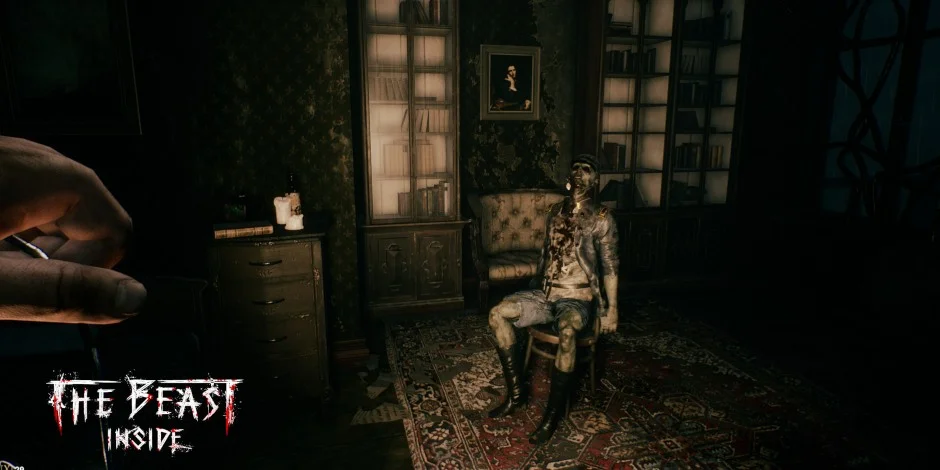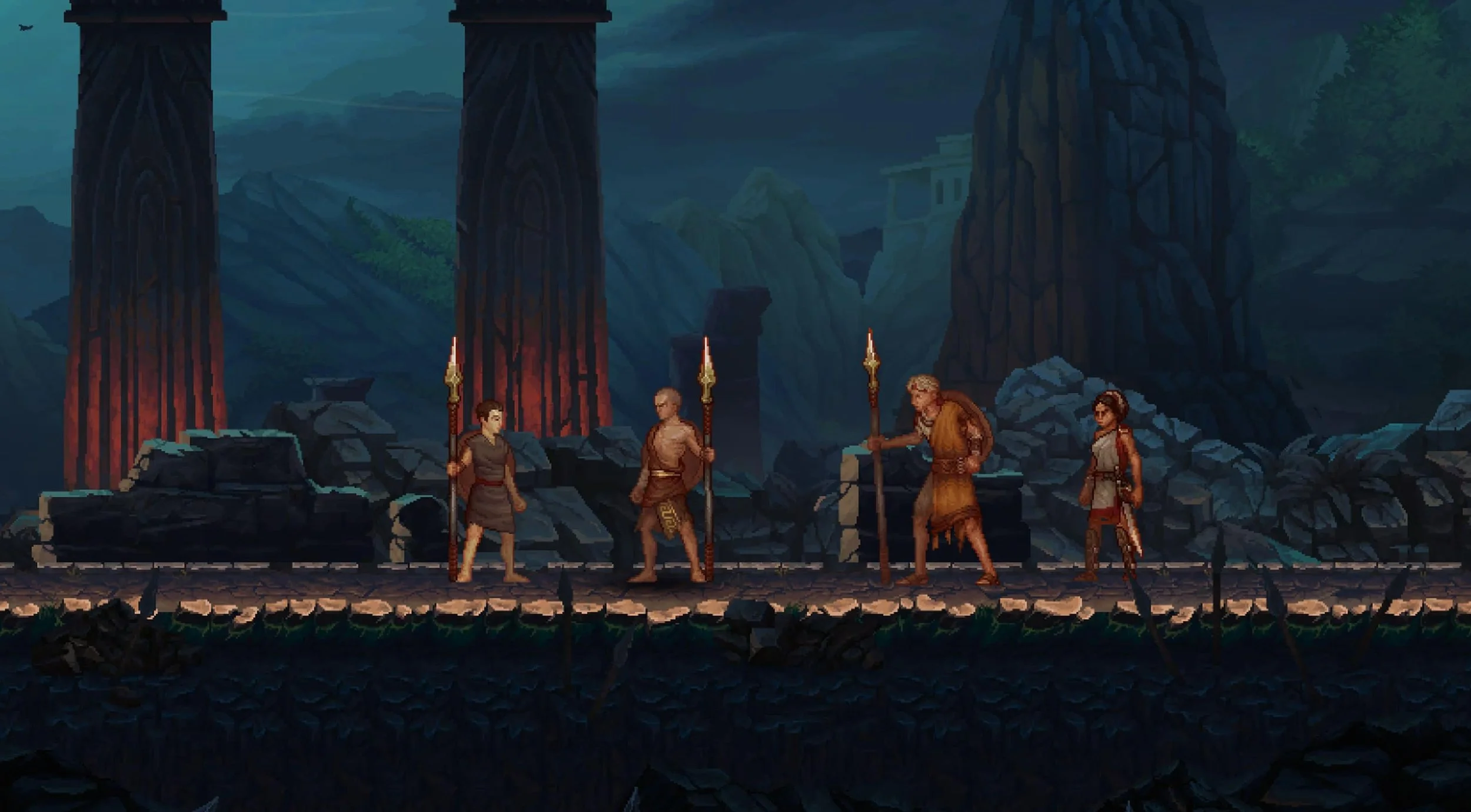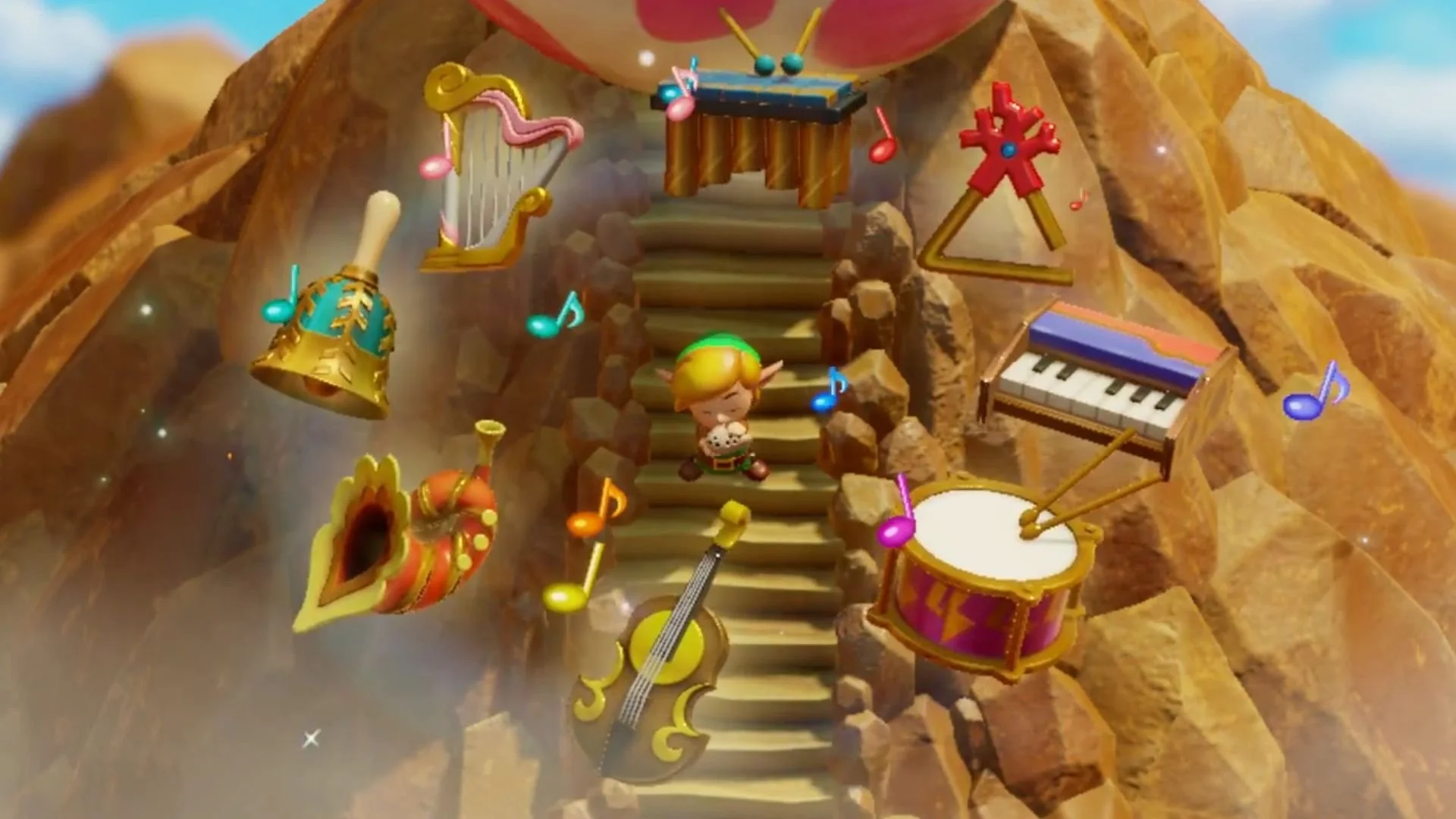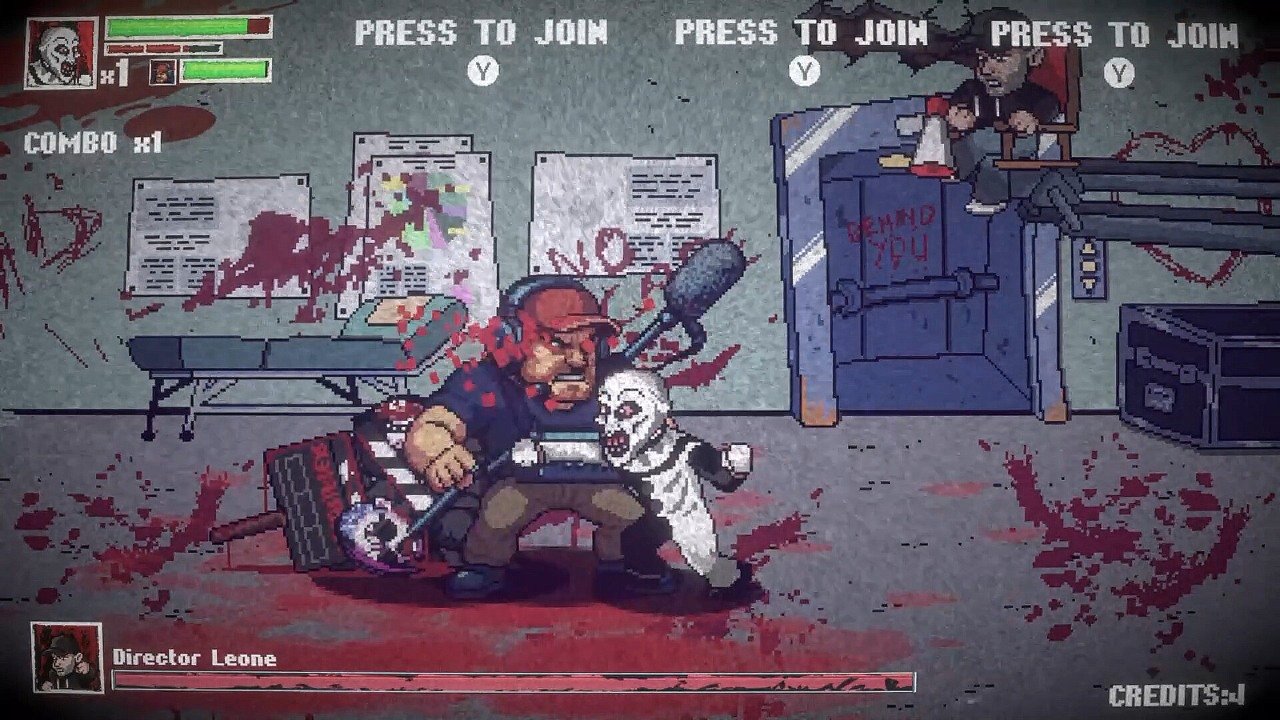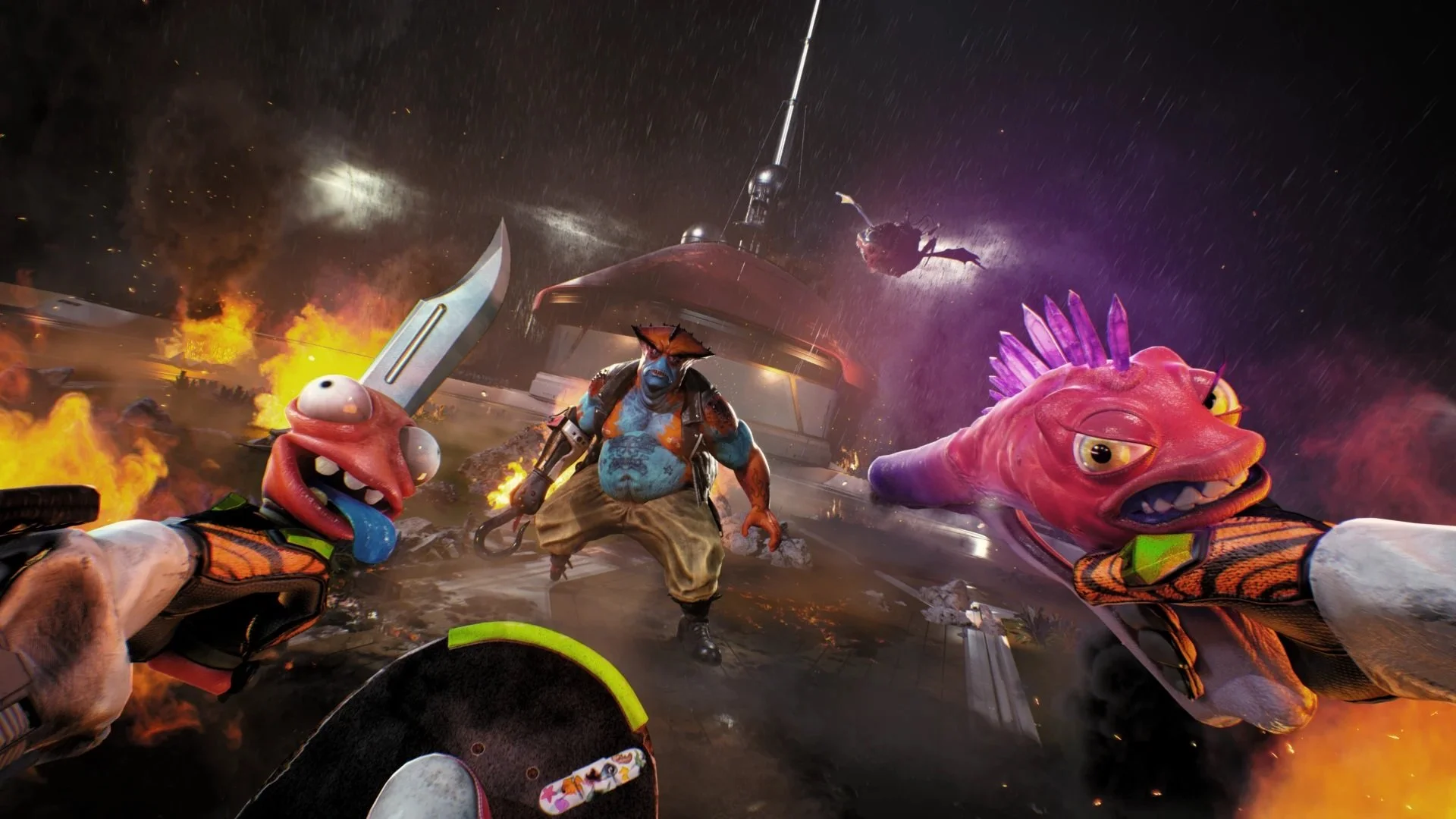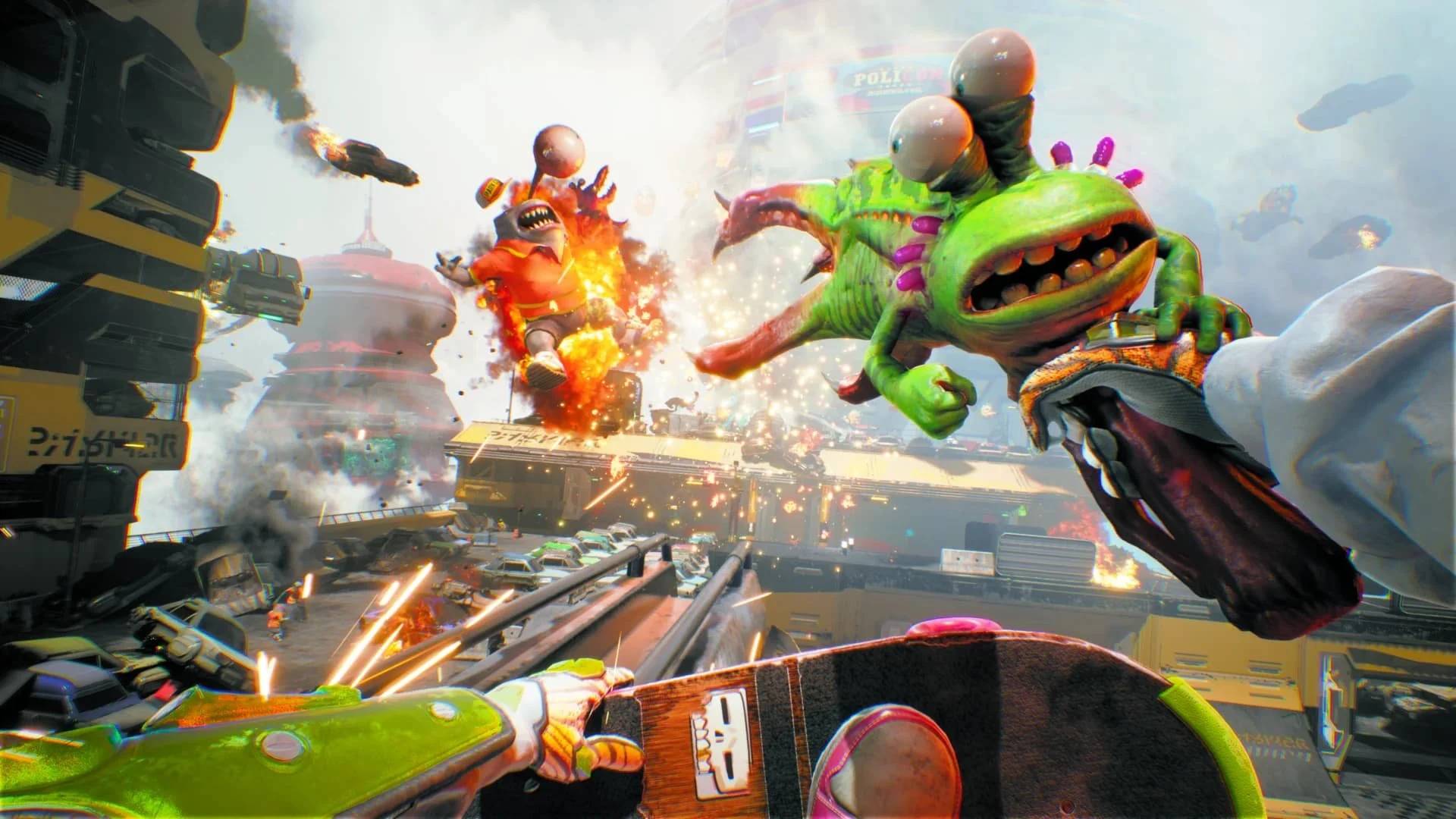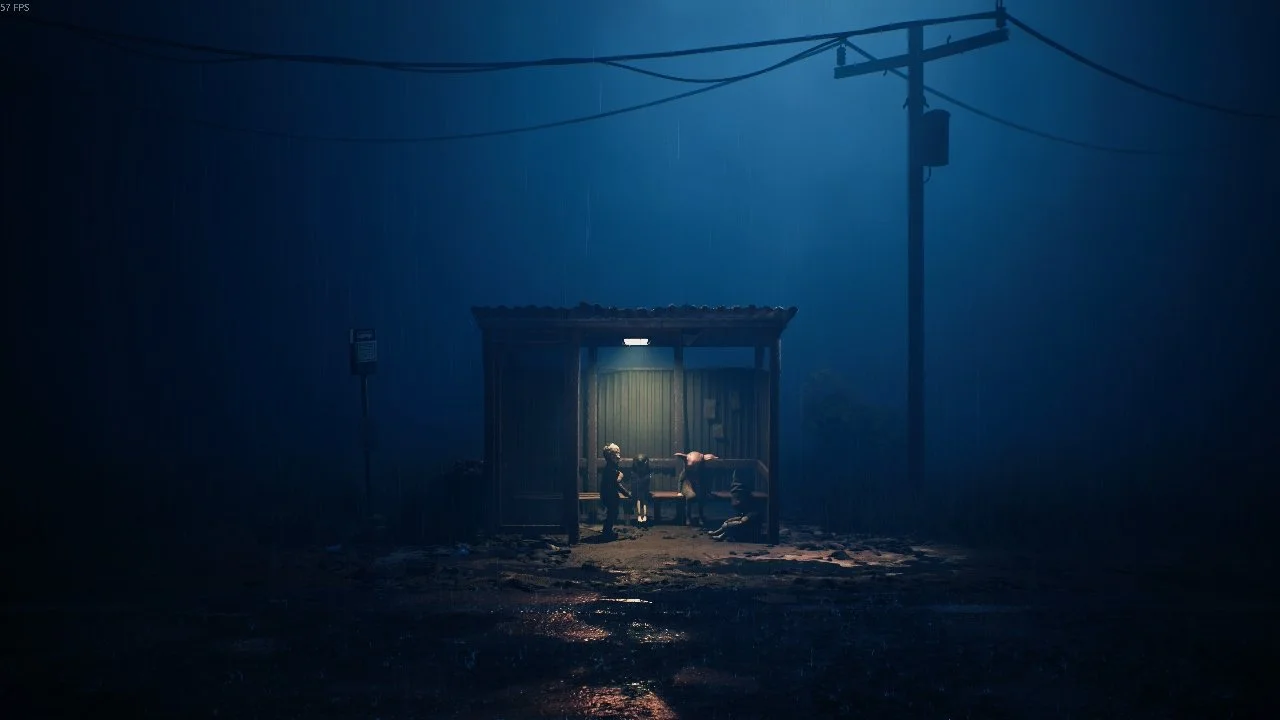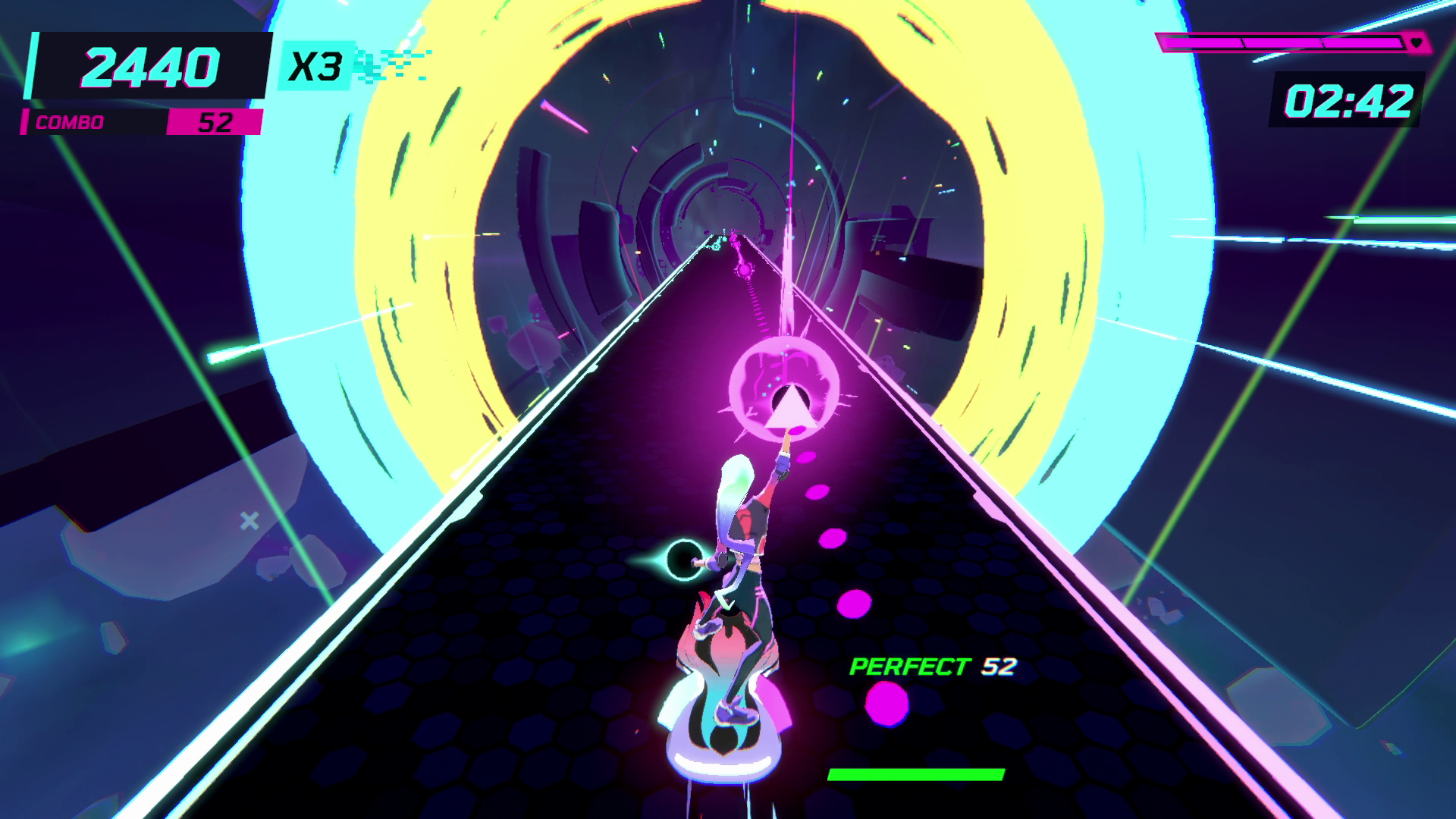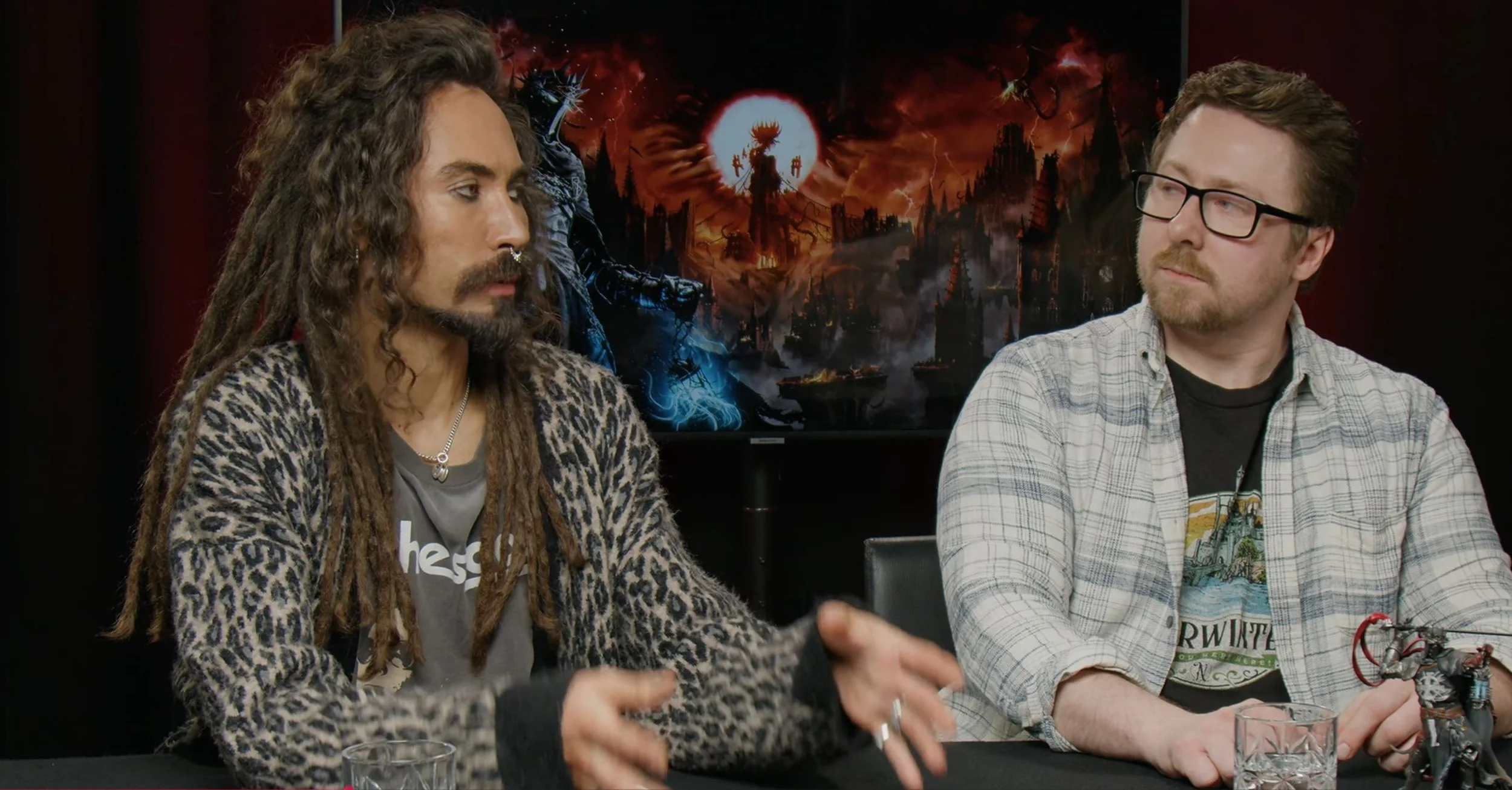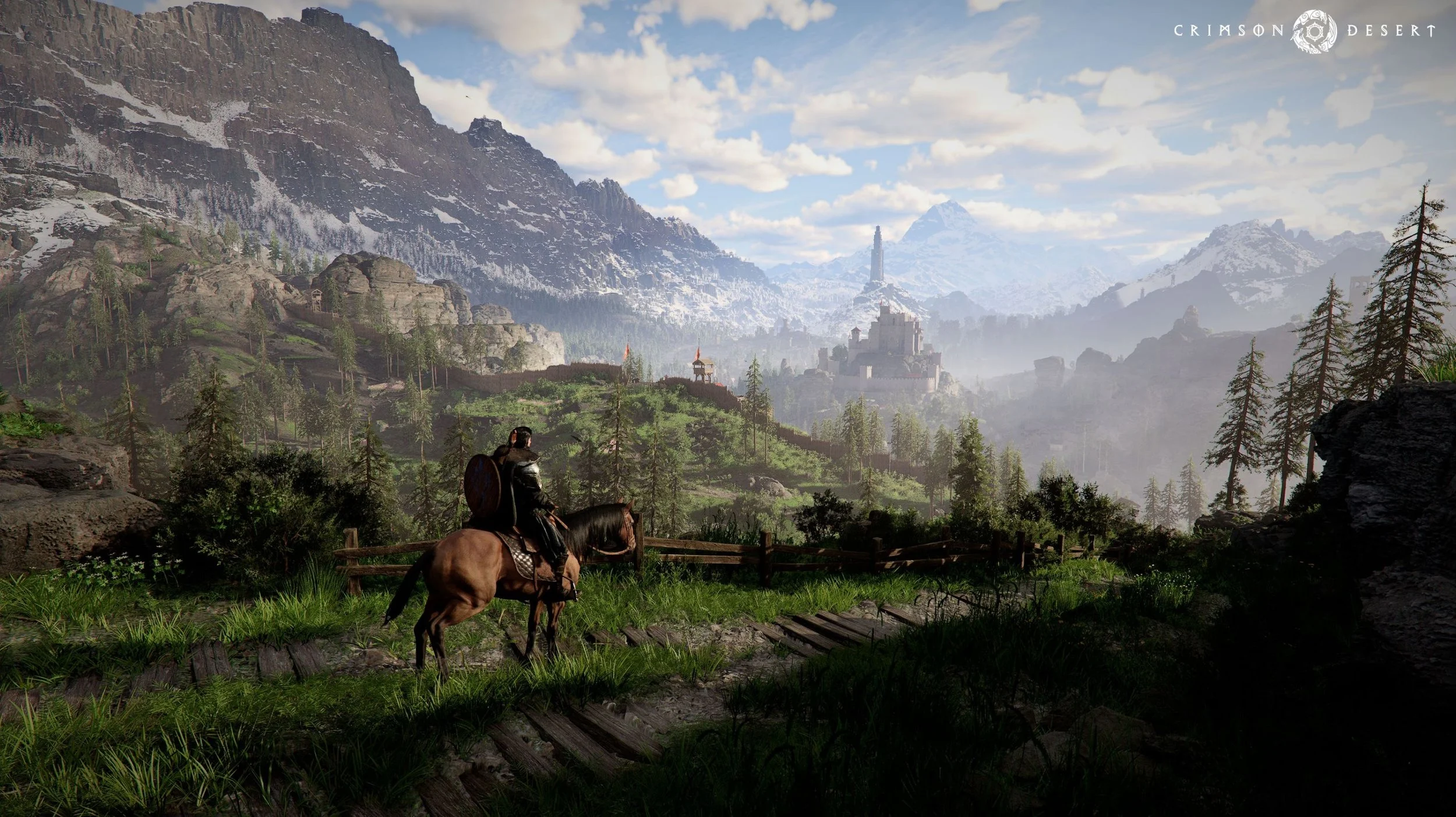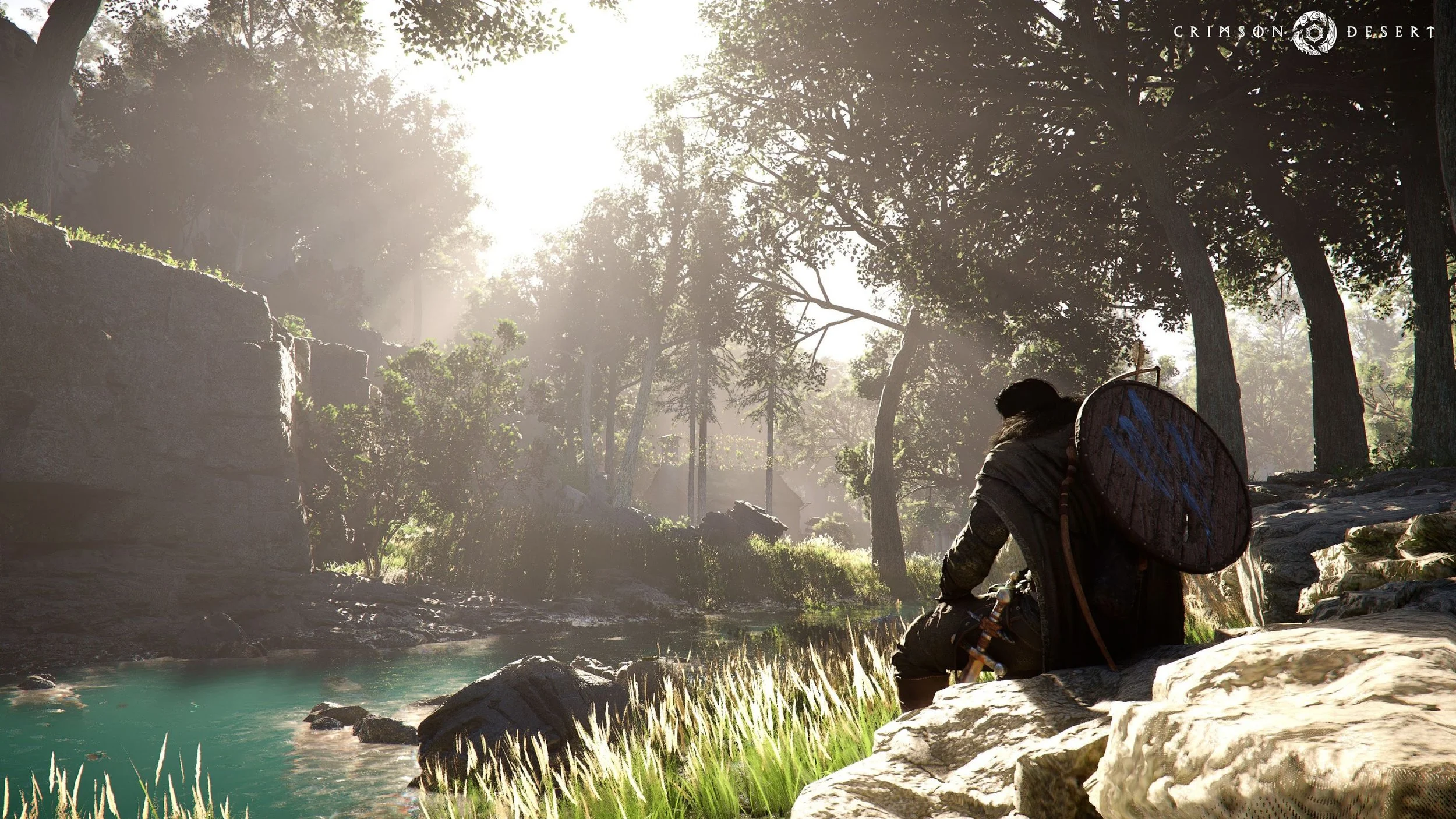PC Review Code Provided by Illusion Ray Studio
Horror games are known for being either defenseless or survival with very few limitations on both sides. Giving a single styled atmosphere and time zone, there is usually some sort of normality to the madness within the story. This normality is purely based on what you expect from the story the further you dive into it. What The Beast Inside offers is something outside of the norm and presents a two-part storyline that comes together for an ultimate conclusion. It is some great storytelling from Illusion Ray Studio that not only mixes it up in the story’s progression but during gameplay as well.
Story
After moving to a secluded house in the forest—once owned by a relative—you hope of hiding from enemies you’ve made as a Spy Assistant. But no sooner than when you first get inside the house and begin unpacking, you find an incomplete journal with a strange story of its own. While you weren’t expecting much at first, there is a strange attachment between the journal and yourself. Not only do you feel an odd connection to this story from the past, but you are discovered by some unwelcome guests! In order to ensure the safety of yourself, your wife, and your new home, you must get to the bottom of what is going on and figure out who is snooping around. Just try not to get too engulfed by the journal entries you find that you let reality slip by for long.
Gameplay
There are two different sections of the game and each one gives you a fair idea of what to expect from the chapter. Each chapter is a trade-off between modern-day and the late 1800s where you play as the man who wrote his tales in the journal. The atmosphere of the two eras are massively different, but both frightening in their own right.
While you are playing in the modern-day era of the game, these chapters will be focused mostly on puzzle solving. There is some venturing out into the woods and finding where to go next, but almost every step leads you to another puzzle of some form. These include a range of things—from finding your way around a locked gate to locating a specific item (key/tool) for a certain task, and even sitting down to solve a traditional puzzle. I was delighted to see that this horror game strayed away from the typical puzzles expected and brought out the decoder type of puzzle-solving. It was different than the usual game and teased my brain in a way that doesn’t come along often enough.
Before moving on to the other part of the game, the last thing to mention in the modern-day era is a specific tool called the Localizer. Basically, what it does is pick up a fragment of someone’s memory based on how much of an imprint they placed on a specific spot. I can’t honestly say that I understand how the tool is supposed to work, but in summary “it was a neat spy gadget that showed me where the bad guys were at one point.” It was easy to guide with and use as you just look to where the bars are closest and head in that direction until the number shows you are close, then send out a pulse to find the dust cloud. Sometimes there were anomalies that got in the way and you had to blast them with the tool, which felt like a mini-game of its own, but once they were cleared you could scan the cloud and get the next clue.
The 1800s era chapters of the game are where most of the true horror lies. Rather than being focused on the story, this is where you will experience various paranormal events, run into enemies you would rather not meet, and so much more. All the puzzles in these areas were the ones you expect from a horror game; find a way out of here, get to that location (while being chased), investigate that thing you know you damn well you should leave alone, and so on. These sections of the game are where the true spooky times come from, although not exclusively.
One thing that I do want to note further is that there were mostly defenseless moments in the game, but there is a time where you are given a gun to use. In this section, you don’t just run but fight off a vengeful spirit. I thoroughly enjoyed the way they set up that whole chapter and was hoping to see it return for more sections of the game. There simply wasn’t enough action in the game once you were given the gun, but at least there was a pretty fun boss fight with it.
Graphics and Sounds
They did a great job showing off the same house in two different era’s. Each time period really showed their colors and gave off the proper vibe to fit the mood, atmosphere, and genre of the game. They included sound effects that gave off the old house sounds, natural forest sounds, and just made everything seem genuine both aesthetically and audibly.
Replayability
Other than wanting to see all of the different endings—which can be done by simply making a different choice at the end—the story and action will all be the same during a second playthrough.
What Could Be Better
I wish they gave us more of the survival horror aspect of the game. They introduce the idea when they give you a gun in an earlier part of the game, but after that, it goes back to defenseless. If you don’t plan on bringing this option back up later in the game, it is best to try and fit these sections near the end of the game so it feels like a finale option rather than just a temporary option that happened.
I know I don’t have the best computer personally, but the graphics were quite demanding, even on their lowest settings. While this is a gear issue and didn’t do too much to hinder the progress other than some lag and long chapter load times, it made each death that much more frustrating. It seemed like they took a lot of precautions to make the game aesthetically pleasing, but didn’t do much as far as optimization goes.
Conclusion
The Beast Inside gave a unique split storyline that enticed throughout the entire experience! I loved going between the two different eras, giving myself expectations for the chapter, and then still being surprised by various things - including my own expectations being met, just not in a way I expected. Plus, the fact that they brought decoder puzzles into the game, throwing something new in with the horror genre cliches, was quite an entertaining aspect.







